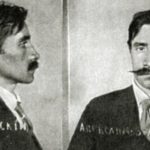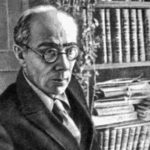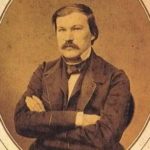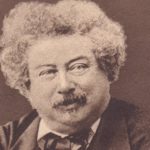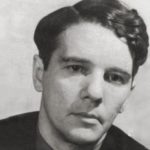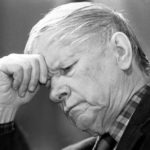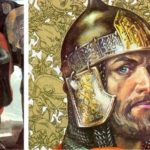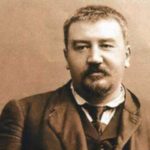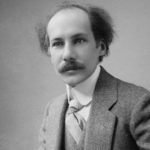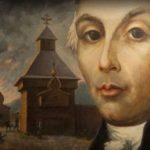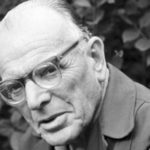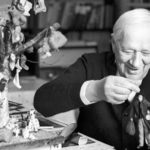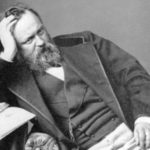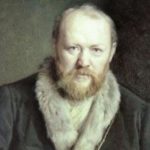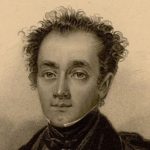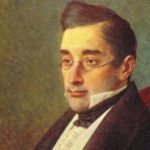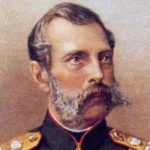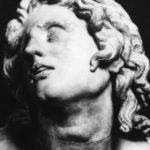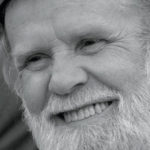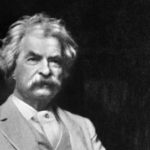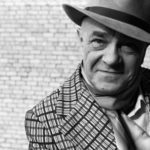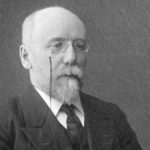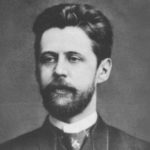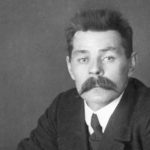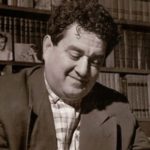Interesting facts about Alexander Solzhenitsyn
 Alexander Solzhenitsyn went down in history as one of the most discussed writers. His unusual style, which includes non-existent words, coupled with the bright political tint of his works, divided all those who read his books into two camps – supporters and opponents. However, his work is too ambiguous in order to give him this or that assessment, without having familiarized himself with it.
Alexander Solzhenitsyn went down in history as one of the most discussed writers. His unusual style, which includes non-existent words, coupled with the bright political tint of his works, divided all those who read his books into two camps – supporters and opponents. However, his work is too ambiguous in order to give him this or that assessment, without having familiarized himself with it.
Solzhenitsyn had never seen his father in his life — he died during a hunt six months before the future writer was born.
During his studies at school, Alexander was attacked by peers and even teachers for going to church and wearing a cross on his neck. Another reason to persecute was his unwillingness to join the ranks of the pioneers.
Nevertheless, shortly before the end of his studies, Solzhenitsyn nevertheless joined the Komsomol. Then he became interested in literature.
Entering the university, the future writer intended to become a mathematician, not a writer.
Prior to that, he tried to enroll in drama school, but failed the entrance exams.
While studying at the university, Solzhenitsyn wrote poems. His collection “Prussian Nights” received a certain fame.
When the war began, Solzhenitsyn for a long time could not get to the front, as he was recognized by the medical commission as “partially fit”. Nevertheless, he stubbornly sought his departure to the active forces, and in the end he achieved his goal.
For participation in hostilities during the Second World War, he received honorary orders: the Red Star and the Great Patriotic War.
During the war years, during his time at the front, Solzhenitsyn kept a personal diary, despite the explicit prohibition on such activities.
The reason for the writer’s arrest was that in his letters from the front he began to openly criticize Stalin, stating that after the end of the war the country needed to return to the origins of Leninism. Of course, the entire front-line correspondence was checked – this is an objective fact. In 1945, he was sent to camp. Being there influenced all his work.
In 1969, Solzhenitsyn was expelled from the Writers’ Union, and the following year he became the Nobel Prize in Literature. True, he did not go to the awards ceremony in Europe, fearing that the Soviet authorities would not let him back to the USSR.
The real middle name of the writer is Isaakievich, not Isaevich, contrary to a common misconception.
